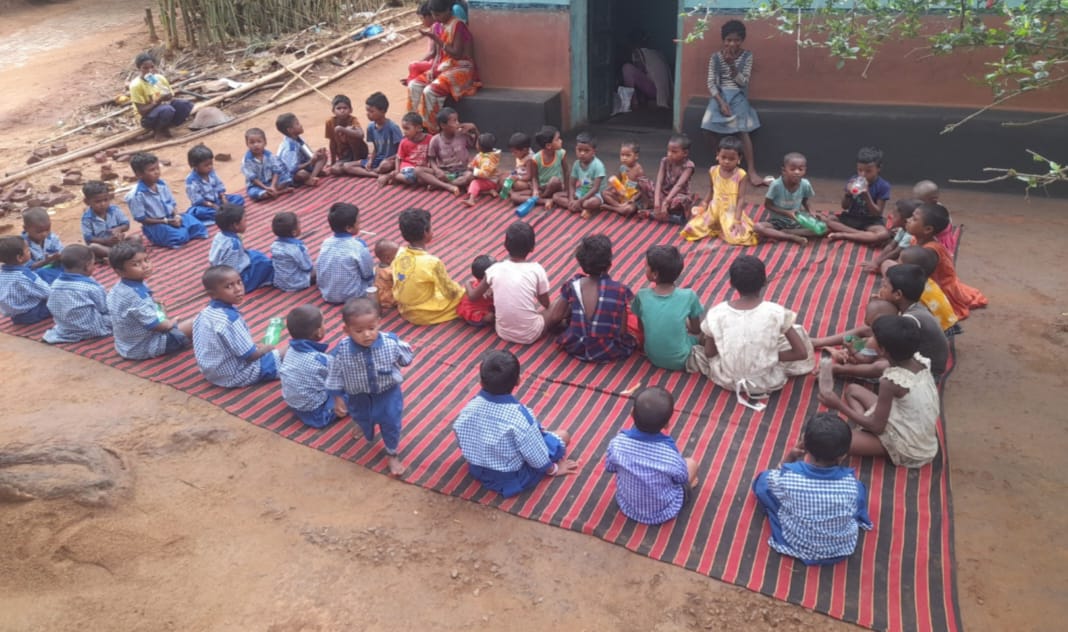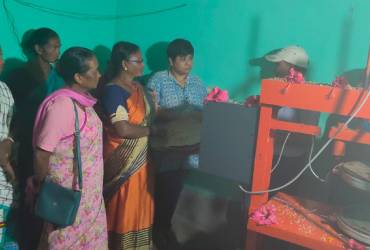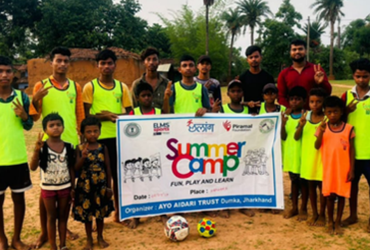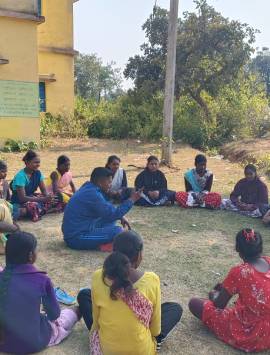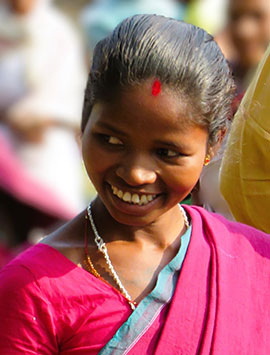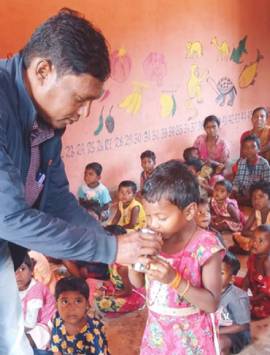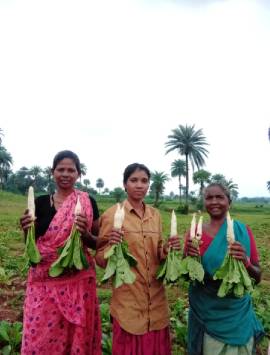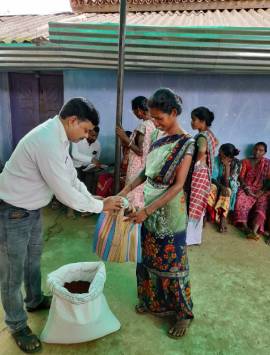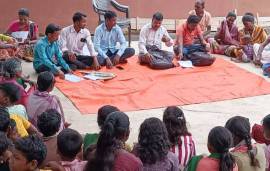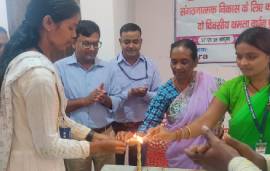
About Ayo Aidari Trust
The organization was established to empower tribal women to stand up for their rights. The organization is called "Ayo Aidari," which means "women's rights." It is known reality that tribal peoples are neglected and continue to have subpar rights and privileges. Different laws have been enacted to protect their rights, yet they are the least aware of these laws and such legislations. The process of their development has been hampered by ignorance, illiteracy, and poverty. In a state like Jharkhand, tribal people's lives are precarious and they are a far away from the idea of development. Most of their homes are located in geographically challenging places, and they still lack access to essential amenities like safe drinking water, proper road communication, elementary education, and public health services.
Read More-
00
+House hold
-
00
+Population
-
00
+Village
-
00
+Panchayat
-
00
+Block
-
00
+School
Join with Ayo Aidari Trust
What we do?
At Ayo Aidari Trust (AAT), we are driven by our commitment to empower tribal communities, especially women, in the Santhal Parganas region of Jharkhand. As a tribal woman-led organization, our mission is to address poverty, social neglect, and abandonment, helping individuals and families reclaim their dignity and independence.
Microfinance for Women Empowerment
Providing financial opportunities to women through community-based institutions at the village and area level, fostering self-reliance and economic independence.
Natural Resource Management
Promoting sustainable practices to preserve and utilize natural resources efficiently, ensuring long-term environmental health.
Community Health Care
Delivering accessible health care services tailored to the needs of rural communities, improving overall well-being and quality of life.
Community Help Desk Centers
Establishing support hubs to address local challenges, offering guidance, and fostering community solidarity.
Social Justice and Protection of Children’s Rights
Advocating for social equity and safeguarding the rights of children to ensure a safe and fair environment for all.
Agriculture Development
Driving innovative practices and support systems to enhance agricultural productivity and empower rural farmers.
Thematic Areas
Child marriage has been a persistent issue in the dumka area of jharkhand, deeply rooted in cultural traditions, poverty, and lack of education.
Read MoreAnalyzing the Impact of
Development
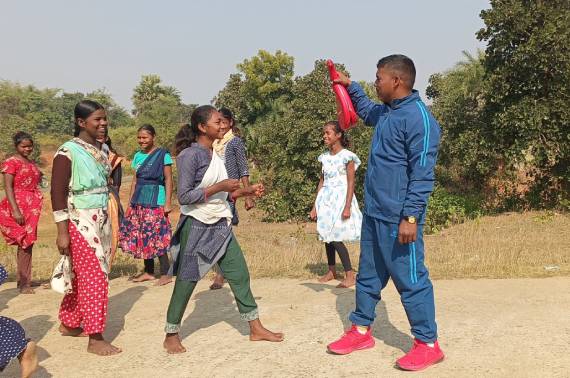
Achievements
Built and renovated schools in rural or underserved areas, improving educational access and providing safe learning environments for children.






